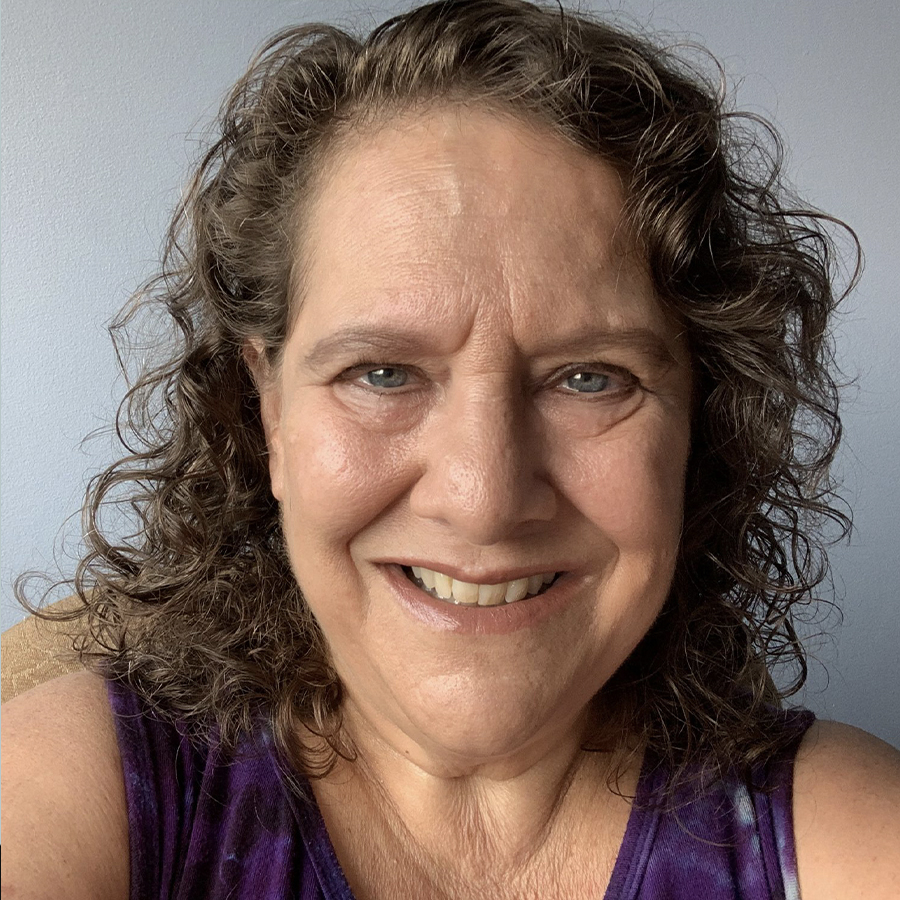Our Clinical Research 101 series takes an in-depth look at key steps and tips for navigating the clinical research process. The seventeenth installment in our Clinical Research 101 series is by Shoshana Parker, Project Manager at CHÉOS. The following is a brief discussion of the role of clinical research coordinators in clinical trials.
Ms. Parker has been part of CHÉOS as a research professional for 20 years and has worked on several different projects. In 2002 she coordinated and managed two health conferences and in 2004/2005, she helped initiate the North American Opiate Medication Initiative (NAOMI) study. More recently, she has worked on cardiology studies and studies looking for the cause of myalgic encephalomyelitis (Chronic Fatigue Syndrome). The Centre’s project managers are experts in the regulatory, policy, budgeting, and implementation requirements for clinical research studies, and can be contacted for consultation by completing our Service Request Form.

When people ask me what I do for work, I’m always happy to share that information. Almost no one has heard of a clinical research coordinator, and they certainly don’t know what we do. I’m very passionate about my position so I’m always excited to talk about my latest studies.
It is my humble opinion that research coordinators are the life blood of clinical research. While the principal investigator is ultimately in charge of the study oversight, it is not unusual for them to hand over the bulk of the responsibilities to their research coordinator for the day-to-day tasks of running the study. And, since the research coordinator is tasked with almost everything, from setting up the study, to getting it approved, to participant recruitment, to data entry and complete oversight of the workings of a research study, it is always important to have a skilled coordinator.
What is a clinical research coordinator?
Clinical research coordinators (CRCs) help investigators conduct clinical trials, from basic preventative care to curing diseases and everything in between. Clinical trials are essential for developing and delivering evidence-based care and for testing new interventions. Whether it is testing the use of a new medication or a surgical procedure, the success of these trials often depends on the skills and reliability of CRCs.
What does a clinical research coordinator do?
CRCs can be asked to do almost anything related to the study. These tasks can include recruiting and screening participants making sure they fit the criteria of the trial, and performing the study procedures. The CRC must ensure the trial meets all regulations regarding safety, government rules and regulations, and company or institutional ethics. CRCs must also keep a careful eye on participants in clinical trials and ensure that materials used in the trial are kept safe, including the documentation, data, and medication.
The CRC keeps track of participants’ health and progress, and the results that have been reported to the sponsor. Coordinators make sure that participants meet the study requirements and are evaluated to identify any adverse effects that may result from the clinical trial treatments. Sometimes, CRCs have to apply for grants and funding and arrange a budget for the project.
What skills do great clinical research coordinators have?
Exceptional organizational skills are an absolute requirement for a CRC. It is not uncommon to be coordinating multiple studies, all at different states in their implementation. Paperwork, data, participant information, and regulatory information all need to be entered, filed, and kept in order. Deadlines need to be met and time needs to be managed to ensure everything runs smoothly. Regulatory requirements mean that you have to know where everything is and how much of everything you have, especially when it comes to study medications.
A great CRC has excellent verbal and written communication skills. First, they must be able to make a connection with the participants and explain the study in a way that is clear and understandable. Furthermore, it is important for participants to feel comfortable coming to the CRC if they have any questions or need to report any adverse events. Second, it’s not uncommon for a study to require the involvement of other departments, such as the blood collection lab or ECG dept. Great communication helps the CRC develop good relationships with those departments. Finally, it is very important to be able to communicate with the principal investigator so that they are able to maintain their oversight and fulfill their duties.
Participants interact with coordinators more than any other staff member during the study. Research coordinators who are compassionate can gain the trust of the participants and develop good relationships lasting the duration of each trial. This can increase participant retention rates as the relationship of trust and dependability that is created helps the CRC and participant navigate the various clinical requirements of the study. A good CRC appreciates research participants, but a great CRC understands their value as volunteers.
It also helps for the CRC to be flexible. Even the best-planned research project will encounter unexpected obstacles: regulatory changes, changes to the study protocol by the sponsor, or participants who want to leave the study.
While not necessarily a skill, a passion for research goes a long way to enhance the experience of clinical studies. When a CRC is engaged in the study, many good things happen. They will understand the intent of the study and promote the study with enthusiasm. This enthusiasm helps the CRC connect with potential participants and portray confidence to proficiently conduct the research. This can help increase participant recruitment and retention, improve data compliance and quality, and successfully achieve study goals.
In closing…
Any researcher will benefit from having a skilled CRC. Both hard skills and personal qualities contribute to becoming a valuable member of the study team. A keen eye for detail, a passion for and aptitude towards research, and an understanding of all the different nuances of the career will help make a great coordinator.



